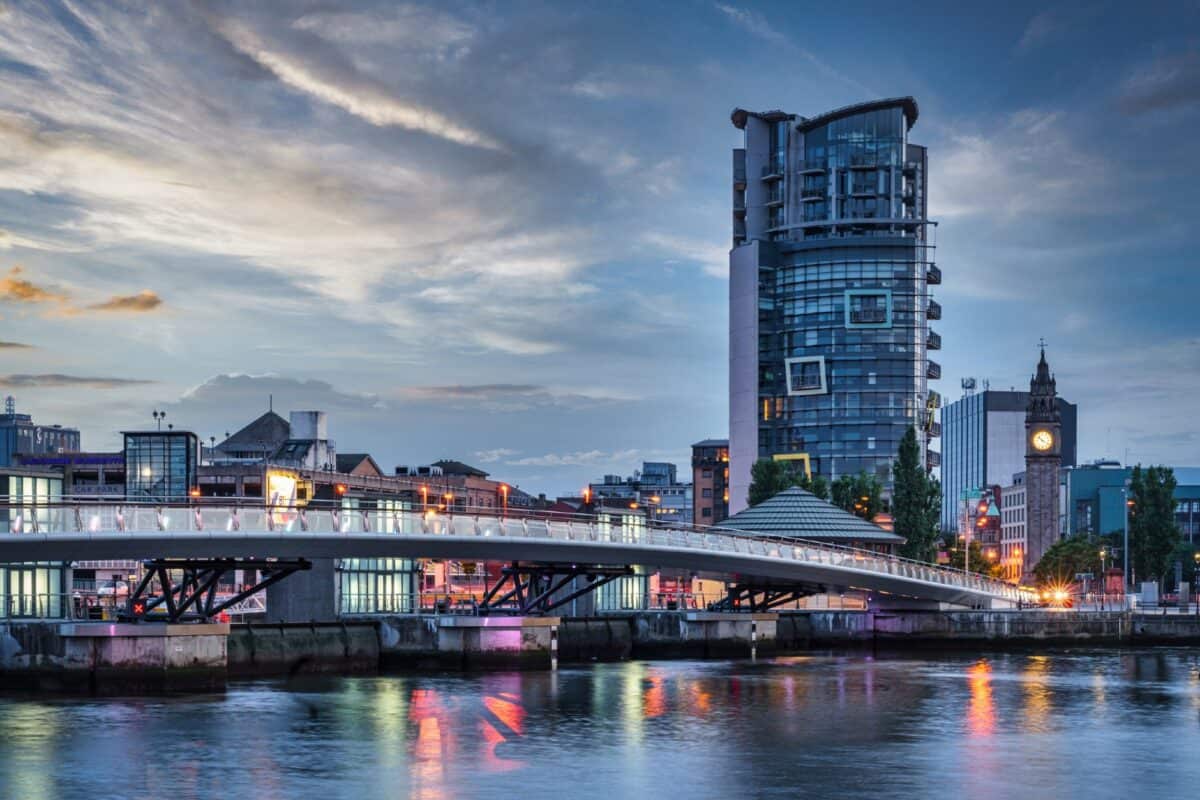
Image source: Getty Images
BAE Systems (LSE: BA.) shares jumped around 3% on 28 November. The firm added around £1.5bn in market cap on a single day. The reason? A huge deal for fighter jets was signed off on by a certain Sir Keir Starmer.
The order from the country of Türkiye, worth billions of pounds in total, is just the latest bit of good news for Europe’s largest defence manufacturer. It’s another reason why I think it is a stock worth considering today.
Twofold
The reason this deal is such a strong bellwether for the FTSE 100 stock is twofold. Both reasons are part of a longer-running trend that has seen the shares fly up nearly five times in the last five years.
The first reason is geopolitics. The world has changed in the last few years and not for the better. The Ukraine war is a prominent (though tragically not solitary) reminder of that.
The second is that BAE Systems creates high-quality goods that are in demand. The Türkiye order was for 20 Eurofighter Typhoons. These are state-of-the-art fighter planes made, as the name implies, by several countries across Europe (namely the UK, Spain, Italy, and Germany).
But these planes have had orders from several countries beside those involved in the design and manufacture. BAE Systems accounts for a sizable portion of the work, about a third by one estimate.
Will these trends continue? I think so. Defence spending looks to be a mainstay in the years ahead. I’ve even heard some describe defence stocks as ‘the new tech stocks’. The barriers to entry to this industry make competitors less likely to emerge too.
Risks
There are risks here. With governments as customers, orders are large, but come in infrequently. The 20 new fighter jets came at a very welcome time for the FTSE 100 firm as jobs at its production facility in Lancashire was at risk. On a brighter note, BAE Systems does have a record order book, now totalling £80bn.
Another aspect to consider is the ever-evolving nature of warfare. As we’ve seen across the world, countries are increasingly turning towards drones and other unmanned devices to protect themselves. If a company can’t innovate and keep up, then it spells trouble.
Lastly, it’s worth looking at an interesting detail about the firm’s valuation. Most British companies trade at cheaper ratios than American ones. This is not so much the case with BAE Systems. Its forward P/E ratio of 24 is broadly in line with American peers, which could suggest it’s trading at a premium.
Taking it all into account, I think there is a lot more good than bad here. Are defence stocks really the new tech stocks? I’m not so sure. But both sectors are likely to be in demand well into the future.
